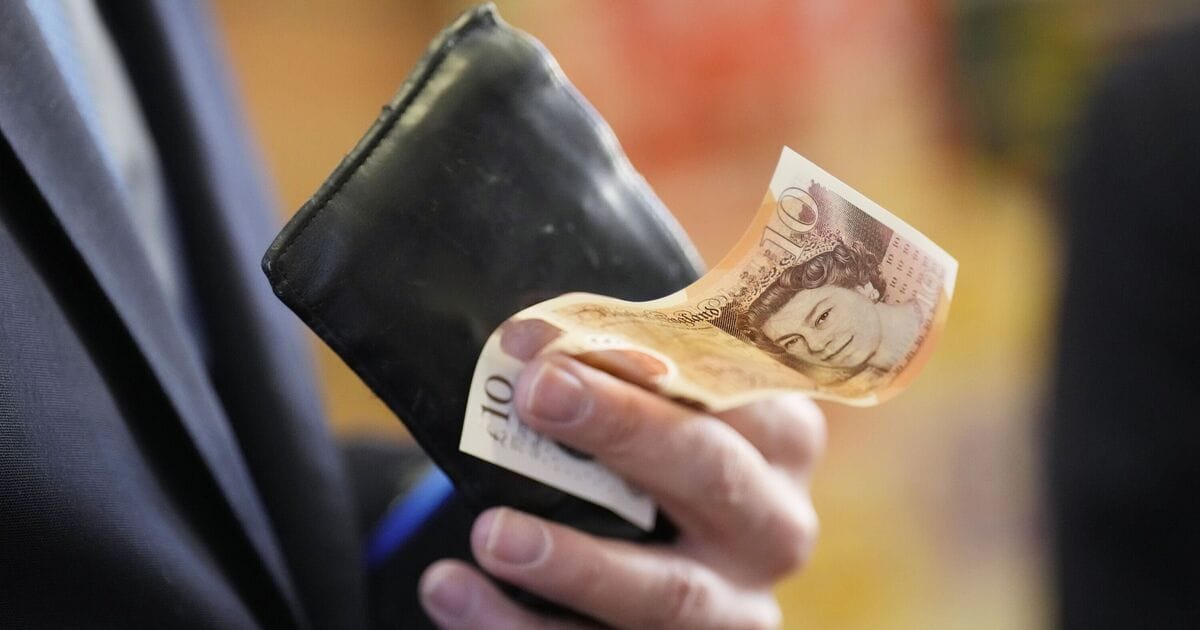The Department for Work and Pensions (DWP) has confirmed it’s wielding new powers to zero in on suspected Personal Independence Payment (PIP) fraudsters. Expert solicitors at Stuart Miller have shed light on how to tell if you’re being investigate by the DWP and the extent of their might during such probes.
The experts issued a stark warning: “To put it plainly, no-one is immune from DWP investigation.” For those facing formal probes, they won’t be in the dark, as the experts pointed out that the DWP will notify you by post, phone or email, depending on your contact information.
This notification will also tell you whether you need to gear up for a visit from a Fraud Investigation Officer or attend an interview. However, they might not inform you at the start since they’ve got to gather enough evidence to determine if your suspicious activity is worth the effort of an intensive investigation or if it’s a surface level misunderstanding.
At present, these investigators have the authority to rake over a large amount of evidence related to you and your benefit claim to figure out if you’re legitimately getting the cash you’re claiming. This can include interviews with you or people you know, bank statements, copies of correspondences, audio recordings, videos or photographs.
The experts noted the DWP can also check your social media to piece together a better idea of what is happening. This can be used as evidence.
People at your work, school or other associated establishments may be contacted. This is to verify things you have reported.
For PIP specifically, investigations may be triggered by reports or suspicions that you may have been misleading about your condition, the severity of its impact on your life or failed to notify the DWP of any changes to your disability. These changes can include doctors informing you that your condition is deteriorating, getting better, provides a different diagnosis or prognosis or if your condition will last for a shorter or longer time than you reported to the DWP.
Tackling benefit fraud has been a major part of Labour’s plans for the Department for Work and Pensions. These efforts started with the Fraud, Error, and Debt Bill which made headlines for extending the department’s investigative powers and allowing banks to work with the department and provide information about claimant’s accounts.
Before the new law comes into effect, MP Andrew Western revealed that anyone claiming Personal Independence Payment (PIP) for the first time or updating their details will undergo “more rigorous checks”. Additionally, healthcare professionals and case managers handling benefit claims will undergo more training to improve their ability to detect and flag suspicious activity effectively.





